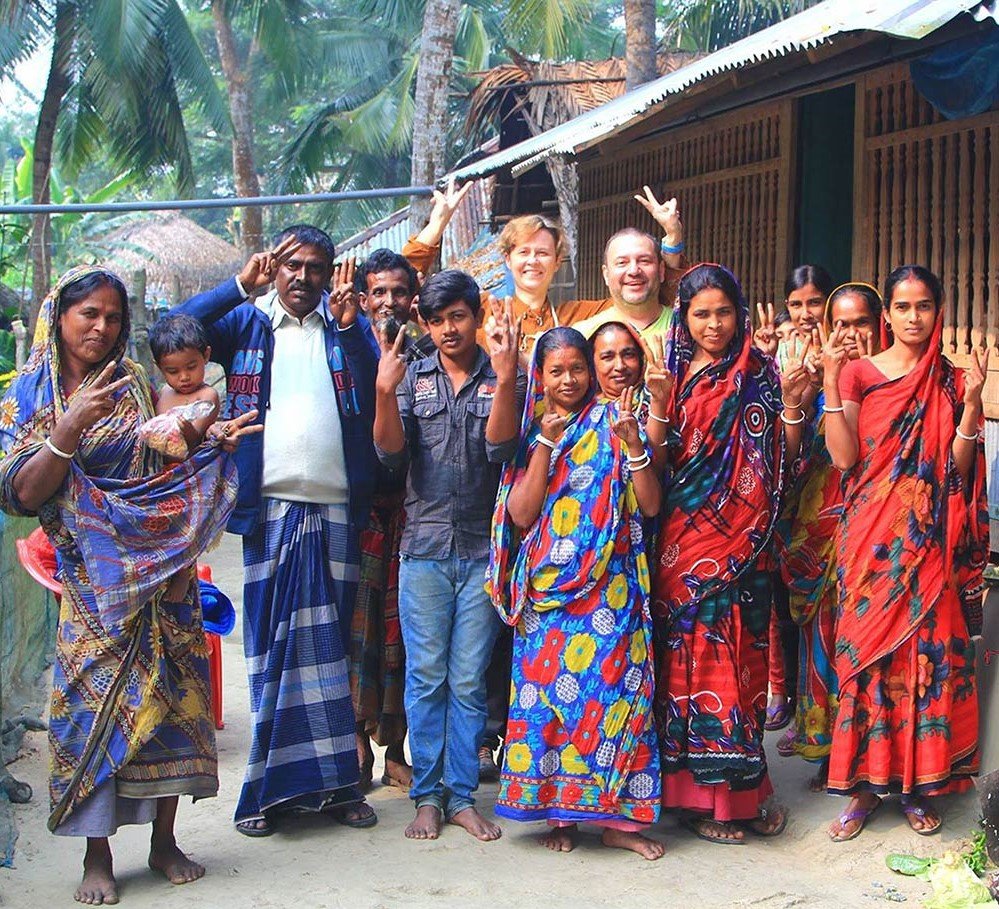
Triple Bottom Line Approach to Rural Community Tourism: Considering Resolutions of Political Conflicts in Bangladesh
Context
Community-based rural tourism is seen as a key to solving many rural problems around the world. Researchers have developed the triple-bottom-line approach model in expecting the address a community’s economic, social, and environmental crises through tourism. It is hoped that this will lead to the overall well-being of people and the world. Currently, multi-dimensional political conflicts and crises in many countries of the world, including Bangladesh, are creating unrest, and frustration among the population. As a result, the progress of economic, cultural, and skill development in society is being disrupted. Tourism can play a role in bringing about positive peace by resolving these kinds of unwanted political conflicts in society. This simple truth can be revealed only by comparing an area with community-based rural tourism to an area without tourism. The triple-bottom-line approach of this study will also highlight the conservation and preservation of the community’s cultural diversity and heritage.
Rationale
In a community, the internal conflict of a political party, the conflict between multiple political parties, and the multi-dimensional conflict of political parties among the society make a multi-dimensionally critical situation. Social and cultural interventions, which as ‘tourism’ are needed to overcome this complicacy. Because tourism deals with all the life-oriented activities. As a result, there is no substitute for the cooperation of tourism to deal with the conflicts and crises of life. Some studies also suggest that the triple-bottom-line approach to rural tourism can play a role in resolving political conflicts in rural areas. In particular, if the rural population can be involved in the conservation and distribution of natural and cultural resources, local political conflicts will gradually begin to decrease.
Methodology
Both quantitative and qualitative research will be conducted to get specific and comprehensive results of the research. Sundarbans and Kuakata are 2 very popular wetland tourism destinations in Bangladesh. A total of 200 samples will be taken from each destination by random and stratified sampling methods. Some group discussions and special interviews will also be arranged. In this study, the nature of political conflict in these 2 destinations will be determined and ways to resolve those conflicts through community-based rural tourism will be developed. The main objective of this research is to involve the local community in every level of tourism activities. Expected outcome
a. The nature and application of community-based tourism in political conflict resolution will be explored.
b. In addition to resolving the political conflicts, many ways to conserve tangible and intangible tourism resources will come out.
c. The common views and bad perceptions of politics will come down. Keywords: Triple bottom line approach, resolution, political conflicts, rural community tourism, conservation.
